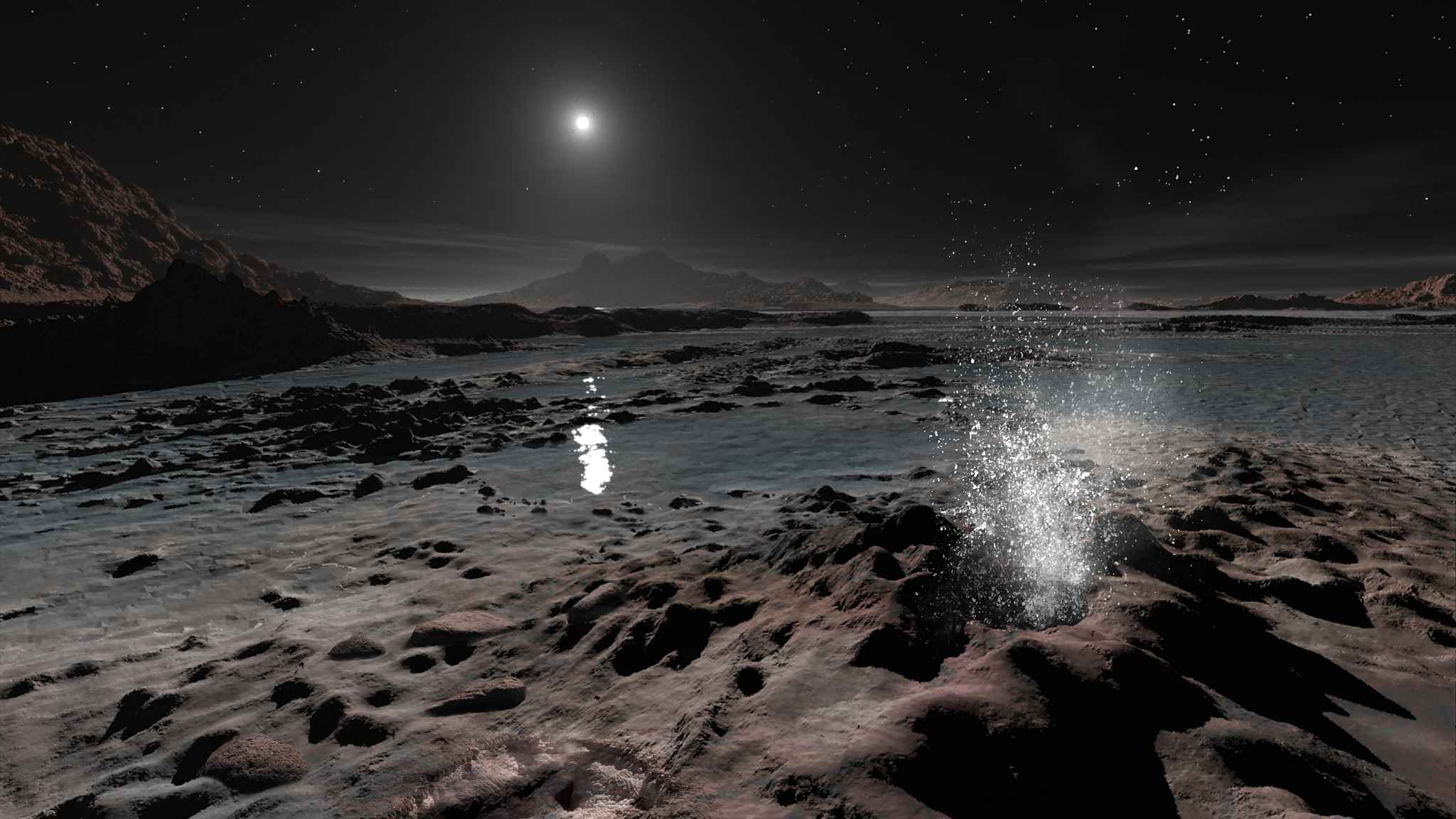Water is undoubtedly one of the most important resources for life on Earth. It is essential for human survival, and its availability plays a significant role in the development and progress of human civilizations. However, water is not just limited to our planet. It is also a crucial resource for space exploration and the search for extraterrestrial life.
One of the primary reasons water is so important in space is that it is necessary for human survival. Astronauts need water to drink, shower, and perform various tasks on space missions. Without a reliable source of water, long-term space travel would not be possible. The availability of water is also essential for the health and well-being of astronauts in space.
Water is also used to regulate the temperature of spacecraft and space suits. In the vacuum of space, temperatures can fluctuate significantly, and water is used to help keep astronauts comfortable and prevent overheating or freezing. Water is also used in the food and hygiene systems of spacecraft and space stations. It is used to prepare meals and to clean equipment and living quarters.
Water is not just important for human survival in space, but it is also used as a resource for spacecraft. Water can be broken down into hydrogen and oxygen through a process called electrolysis. These gases can then be used as a fuel source for rocket engines. This process is essential for long-duration space missions where the spacecraft needs to carry its own fuel supply.
Water can also be used as a radiation shield for spacecraft. The water tank on the International Space Station (ISS) is used to protect the station from cosmic rays and solar radiation. Water has been proven to be an effective shield against ionizing radiation, which is harmful to humans and spacecraft.
Water is a key indicator of the potential for life on other planets and moons. The presence of water on a celestial body is an essential factor in determining whether it could support life. For example, the discovery of water on Mars has led to the possibility of microbial life on the red planet. The presence of liquid water on Europa and Enceladus has also increased the potential for life on these moons.
Water can also be used as a resource for future human exploration of other planets and moons. For example, water ice on the surface of Mars could potentially be mined and used to sustain a human settlement on the red planet. The availability of water on celestial bodies is essential for the establishment of long-term human settlements in space.
The search for extraterrestrial life is one of the main goals of space exploration. The presence of water is considered a key factor in the possibility of life on other planets and moons. Scientists have identified several celestial bodies in our own solar system that have the potential to support life due to the presence of water. These include Mars, Europa, and Enceladus.
The search for water in space is also being extended beyond our solar system. Scientists are using telescopes and other instruments to search for water vapor and other water-related compounds on exoplanets. The discovery of water on an exoplanet could potentially indicate the presence of life.
Tags:
Cosmology

